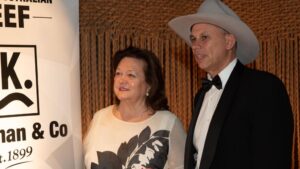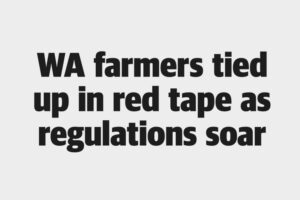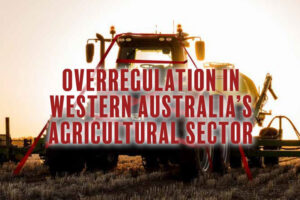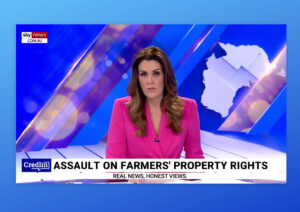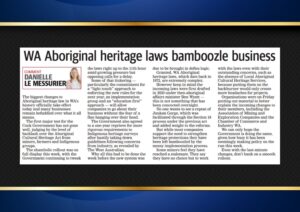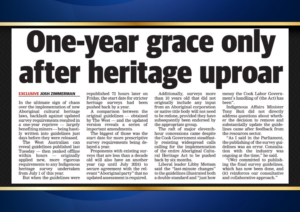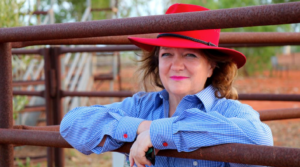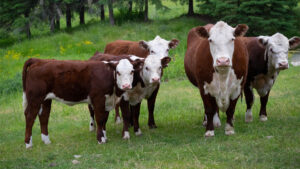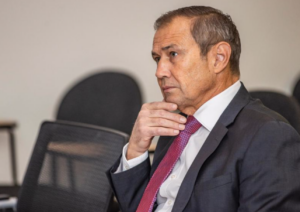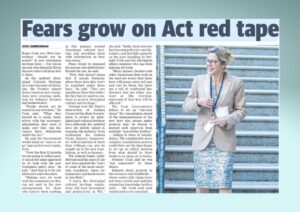
FEARS GROW ON ACT RED TAPE
Roger Cook says West Australians “should not be scared” of new Aboriginal heritage laws — but warns anyone who blatantly flouts the new rules will incur hefty fines. As the updated Aboriginal Cultural Heritage Act came into play on Saturday , the Premier played down concerns new regulations were creating confusion for industry, farmers and homeowners. “People should not be scared of any new laws,” Mr Cook said. “What they should do is equip themselves with the necessary information they need to make sure they can discharge their obligations under the Act.” He said the Government would adopt an “easy as we go” approach to new regulations .

